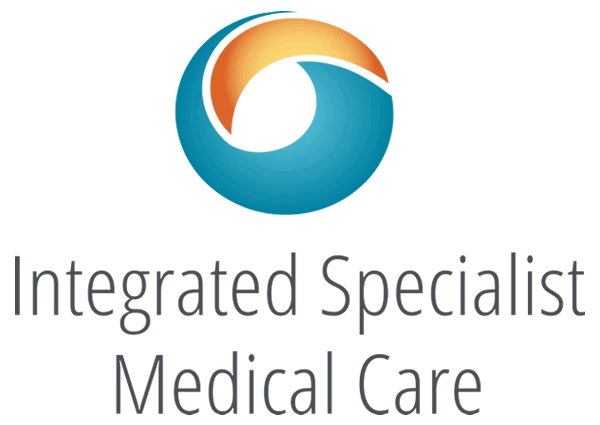Making Decisions and Planning Ahead
Older adults may need help with important life decisions, particularly in the context of cognitive impairment. This can happen gradually, such as in dementia, or more rapidly such as in severe medical illness or serious injury. Planning ahead helps to ensure that wishes for future care are respected and provides peace of mind for loved ones.
Enduring guardians are appointed to make healthcare and lifestyle decisions when an adult loses decision-making capacity. Such matters include medical treatments, care services and place of residence. Enduring powers of attorney are appointed to make financial, business and legal decisions when an adult loses capacity in those areas.
An advance care directive (ACD) is a statement made by an individual expressing their wishes for future care. It may include information about acceptable standards for quality of life and what sorts of treatments they may or may not want if they should suffer a serious medical event. An ACD usually records preferences about resuscitation, life support and other intensive care level treatments. If an individual has lost the capacity to make decisions, and the ACD is applicable to their situation, legally it must be followed. Your doctor can help you and your family prepare an ACD and ensure that it `is available to other professionals who may be involved in your care.







